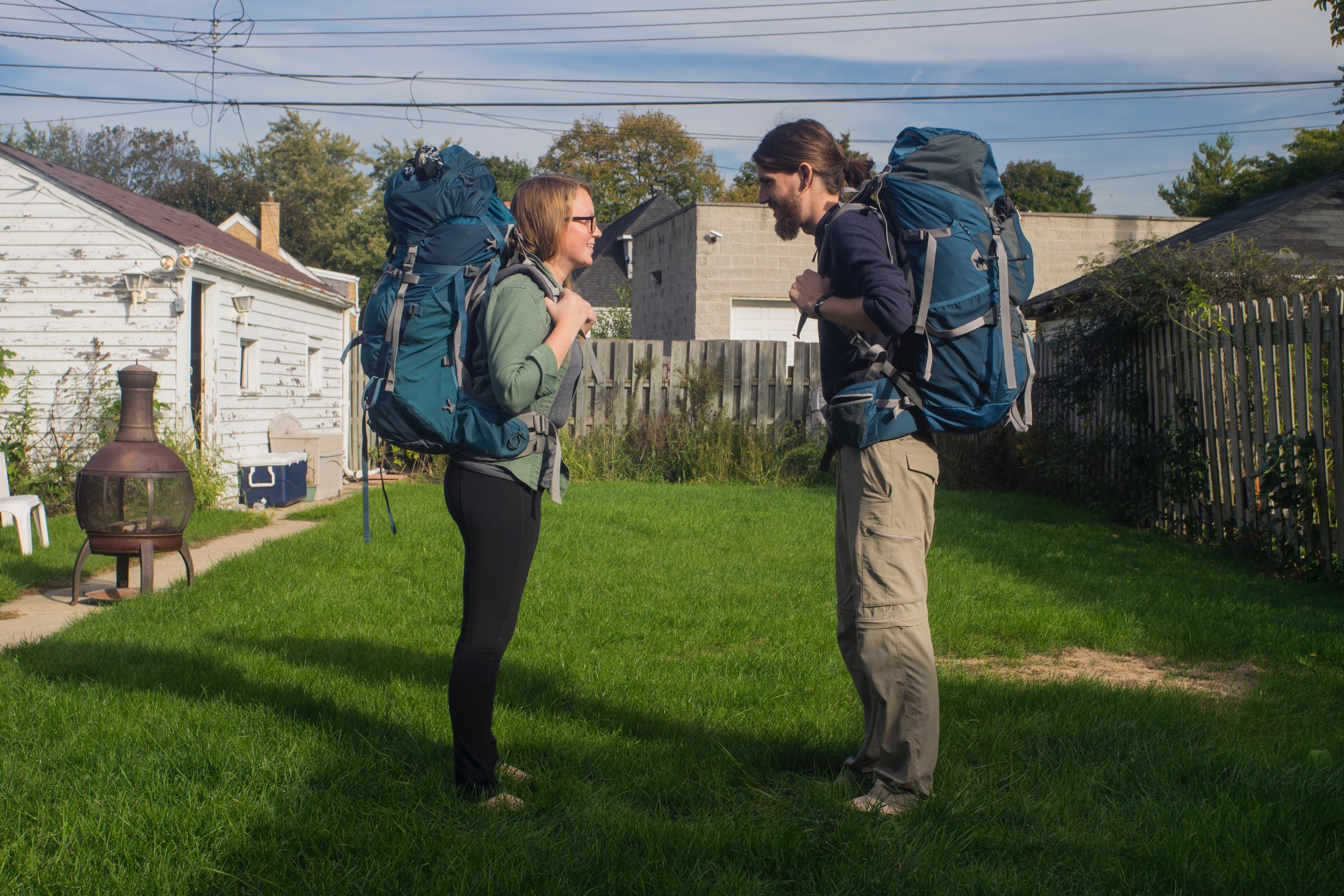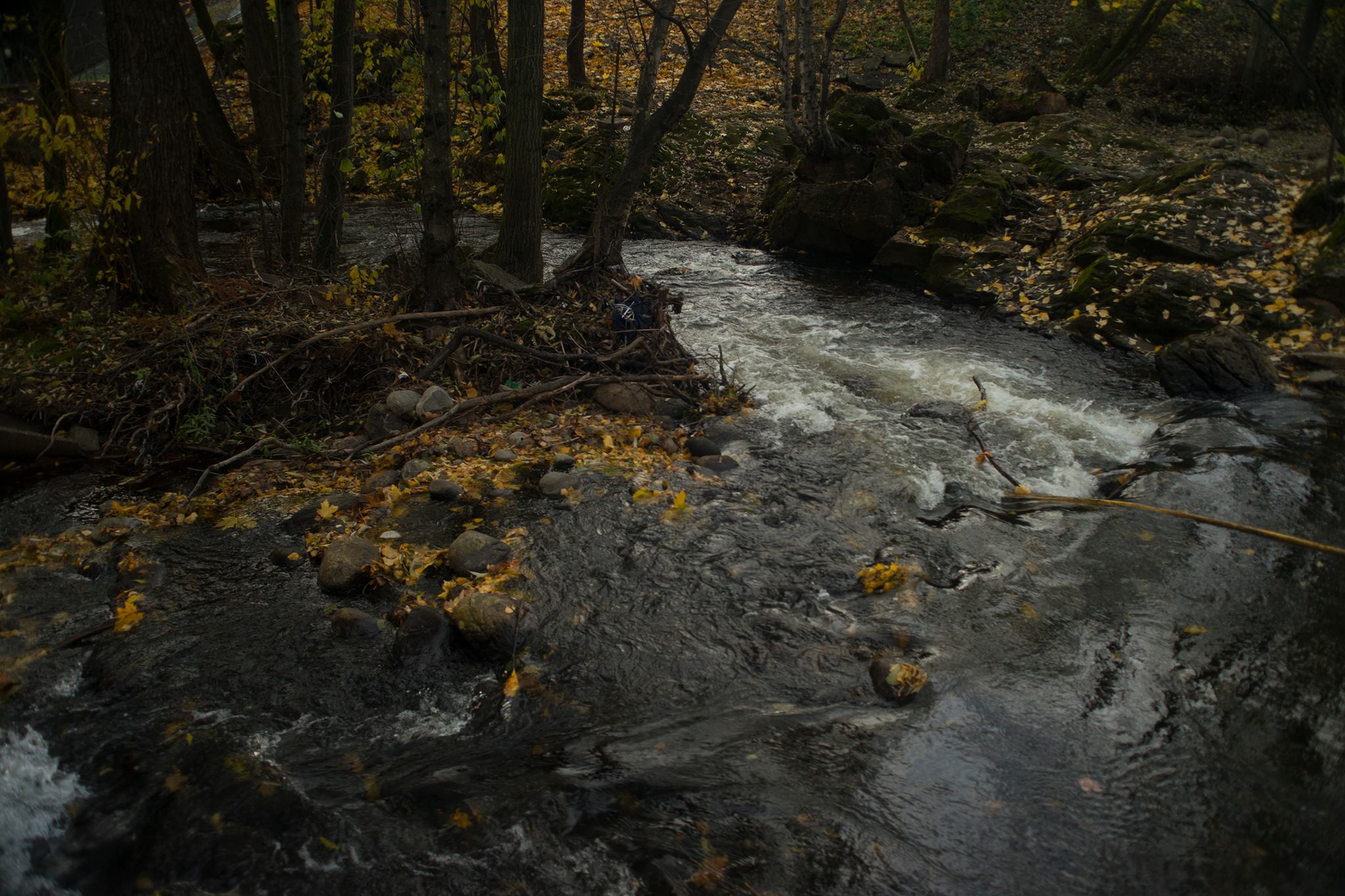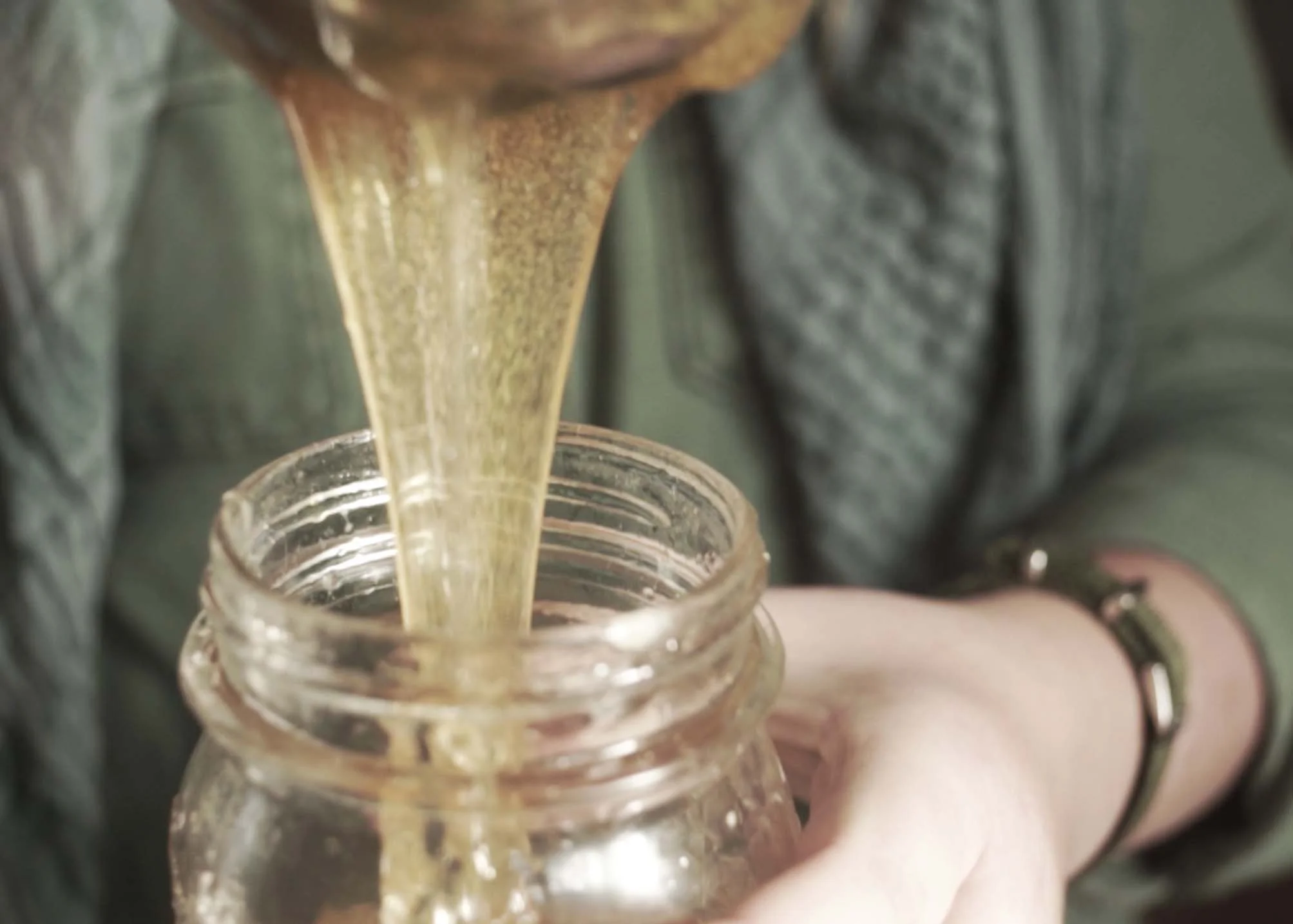Why?

At the beginning of our senior year, Peder and I talked about traveling after graduation. Fast forward to today, and after months of planning we are sitting on a plane hurling through the air towards Reykjavík, Iceland. We won’t be back in the states for another four months, and then after an additional month or so in Hawaii we will finally be starting our “real post-grad life”. I’ll hopefully be putting down roots in Seattle and Peder will be heading back to Chicago. These next five months we will be searching for impactful stories about people, food, farming, culture, and the S word. We say the S word because we are trying our best to not use the word sustainability, as we believe it is over-used and not very well understood by most. The most common definition of sustainable development (most people are talking about sustainable development when they use the term sustainability in environmental terms) is, "Development that meets the needs of the present without compromising the ability of future generations to meet their own needs." This definition is from the Bruntland Report for the World Commission on Environment and Development in 1922 (1). We prefer the term regeneration. If we were simply sustaining our earth as it is right now, allowing future generations to meet their needs, we would still have many problems in the future including harmful weather events, famine, and serious world health problems. In this blog we will be focusing on the people, culture, and stories intertwined with regenerative agriculture. In case you have not heard that term before, it is defined as, " a sustainable agricultural system that focuses on restoring soil health and the balance of nature".
As we fly over Quebec (the in-flight tracking is pretty awesome to watch), we again ask ourselves why we are searching for these stories of communities and individuals fostering, creating, and working towards regenerative food systems. We believe that stories about the people and processes in our food system can inspire others to change the way they consume, grow, and distribute food and help foster a healthier food system in their community. This isn't an easy task. Just yesterday, we were having a conversation with our friend Matthew Byrd (Byrdie) about how most people understand that human-caused climate change is happening. However, most people don't do anything about it. In ourselves, we too see that hypocrisy when we fail to think about who grows and distributes our food. Every time we buy food we have a choice to vote with our dollar. This can be a difficult choice because the information about who is effected by our food before we consume it is not always easy to find. So how do we become educated consumers? In our opinion, it is the easiest to know where your food comes from when going to a farmer's market or growing it yourself but that is not always realistic. Some grocers label their producers well, but others do not. So how do individuals and groups learn more about where our food comes from? We don't have the answer to this, but we hope to share stories of people who may help us get closer to the answer.
SOURCES
1: http://www.globalfootprints.org/sustainability
sustainability
noun | sus·tain·a·bil·i·ty | (1)
1: the ability to be sustained, supported, upheld, or confirmed.
2: Environmental Science. the quality of not being harmful to the environment or depleting natural resources, and thereby supporting long-term ecological balance
regenerative agriculture
noun | re·gen·er·a·tive ag·ri·cul·ture | (2)
1: a sustainable agricultural system a long-term, holistic design that attempts to grow as much food using as few resources as possible in a way that revitalizes the soil rather than depleting it, while offering a solution to carbon sequestration
SOURCES
(1) http://www.dictionary.com/browse/sustainability
(2) http://rodaleinstitute.org/what-is-regenerative-agriculture/
*See all defined terms in the definitions blog post. We will be adding definitions we use in blog posts to this post as we use them.




